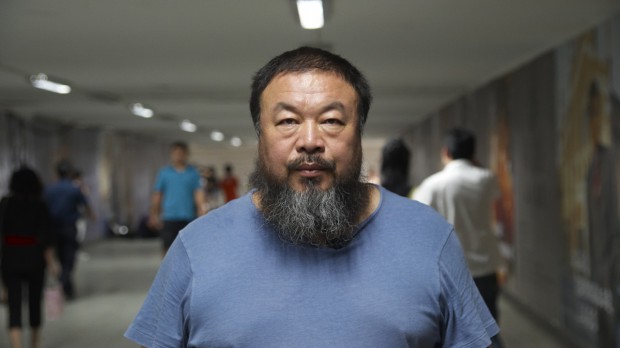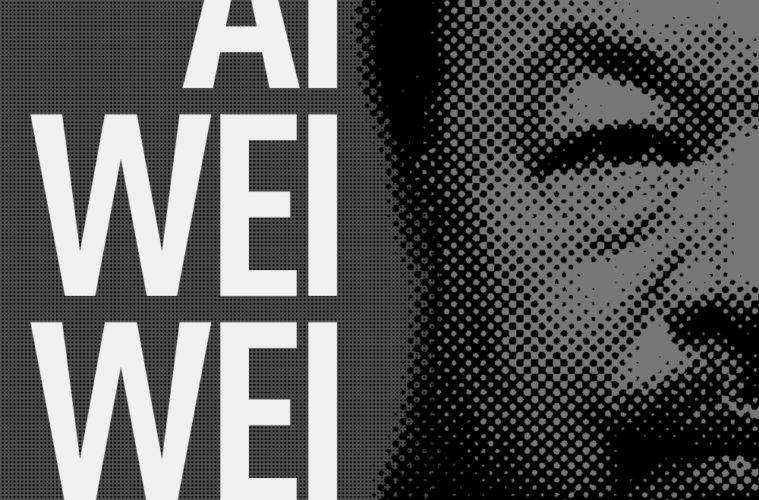Ai Weiwei: The Fake Case is a rare and intimate perspective on the artist and political figure. Directed by Andreas Johnsen, the documentary follows the globally renowned artist upon his release from a Chinese prison after being held for 81 days. On house arrest, Weiwei receives support from his wife, young son and mother, numerous friends in the art and entertainment industry, and his legions of fans. As the film unfolds, he continues to fight the Chinese government on the falsified tax-evasion charges that supposedly lead to his imprisonment. With his phone tapped and his every move watched over by the authorities, Weiwei never abandons his crusade against the Chinese government. More concerned with the maintenance of his freedom of speech than his reputation, Weiwei presses onward speaking out in the hopes that personal victory will spawn revolt against national governmental oppression.
A riveting and often-endearing story, the moments captured showing Weiwei with his wife and son are particularly moving. Excelling as a portrait of a man whose life is in very real danger (and one aware of that fact), it effectively captures his struggle in battling with the government. What makes this all the more impressive is that Weiwei isn’t a man with nothing to lose. He, his wife, and son share such an apparent and genuine love, something Johnsen skillfully captures. Weiwei wants so badly to watch his only child grow up and give him a good life, but he believes in his cause so strongly that he is willing to continue to risk his own. This conflict rages inside him, and it’s seemingly palpable on screen.

Also extremely entertaining, this factor is quite impressive considering a good portion is spent documenting Ai Weiwei in solitude. But the man has such gravitas and presence that one can’t help but be engrossed in his story. When Weiwei interacts with members of the press or even with fellow artists, there is a cautiousness to his demeanor. It feels as though months of torture has clearly left him suspicious of humanity as a whole. However, Weiwei has a belief in his country’s youth that is uplifting, to say the least. There is a moment in the film where Weiwei is talking to a fellow artists about his situation. Mid-conversation he drifts off to asleep. The man’s first instinct is to take a picture of the traumatized Weiwei, a disturbing, yet oddly fascinating sight to witness. In becoming one of the most influential figures in the art world, his growing celebrity has given him great power, while also obscuring his humanity — the very thing makes him entitled to his rights.
All too often subject matter can skew the arc of a documentary and Johnsen defies that notion with Ai Weiwei: The Fake Case. As a well-crafted portrait of struggle, it does a wonderful job of keeping the narrative progression in place. One gets a clear idea of what Weiwei is like as man, what he represents to the Chinese people, and the potential influence he possesses to fundamentally alter a world power.
Ai Weiwei: The Fake Case is now on VOD, including an expanded version on the official site.

